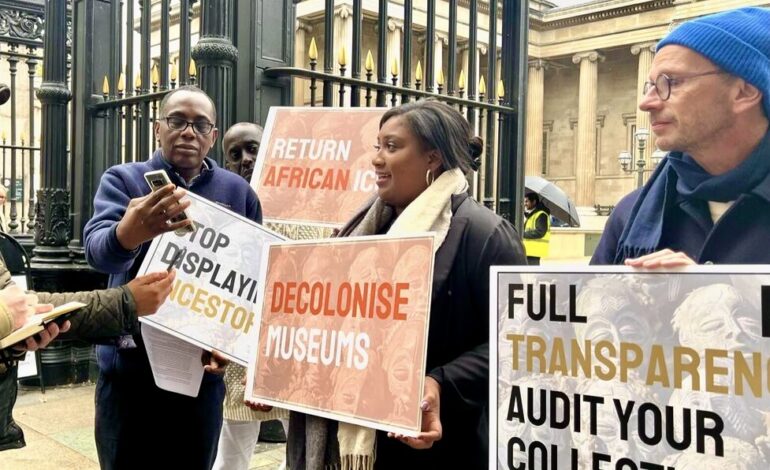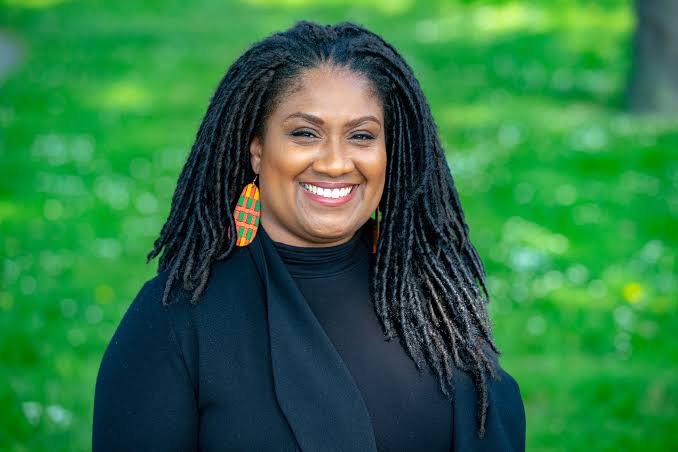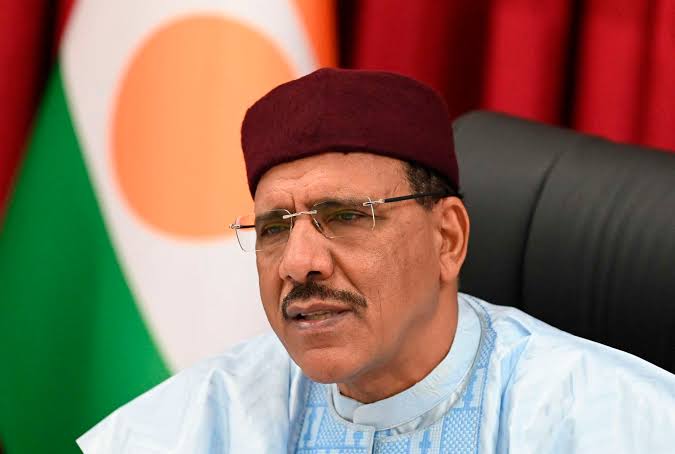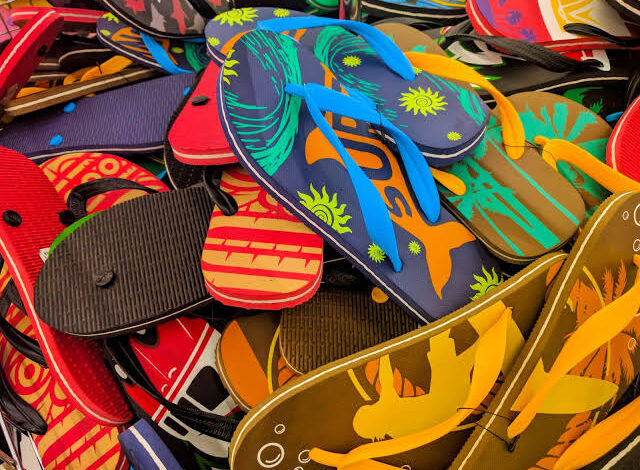
Faith Nyasuguta
For the first time in history, UK politicians, campaigners and community groups united to make “a very distinct and clear call for reparative justice” at an inaugural reparations conference over the weekend.
In August, the United Nations issued a report urging former colonial powers to compensate African nations financially for the injustices sustained during the years of colonialism and enslavement. The report stressed that to date, no state has thoroughly acknowledged and addressed the consequences of these past practices.
The all-party parliamentary group for Afrikan reparations (APPG-AR), a group of cross-party MPs, hosted its first reparations conference in Euston in north London to collectively agree on a common statement with stakeholders and grassroots campaigners that can be used by MPs to push forward a policy for reparative justice in the House of Commons.
Bell Ribeiro-Addy, the Streatham MP and chair of the APPG-AR, said: “We are bringing people from across the country – and there are international speakers as well – to make a very, very distinct and clear call for reparative justice.”
In addition to grassroots activists and community groups, politicians and representatives from the Scottish National party, Green party and Labour party were participating in the conference, she said.
“It’s a conference of people who have been talking about these issues for a long time.”
Reparative justice isn’t just about money, she added. “We want commitments that go far beyond financial compensation,” she said.
“Understandably, there may be some financial compensation payments to be made. [But] reparative justice has to go much further, it has to go towards equity, repairing all the damage that was done as a direct consequence of the trafficking and enslavement of Africans.”

The conference also discussed the restitution of valuable stolen African artefacts and ancestral remains held in the collections of museums and other institutions in the UK.
“A lot of these awful museums – I call them awful because I was asked to leave one a couple of days ago – are claiming that if they just hand these things back, their museums will be empty and those people [in Africa] won’t be able to take care of them.”
“But we saw recently the British Museum doesn’t even know what it has, to the extent that for over a year, employees were suspected of stealing things and putting them on eBay,” Ribeiro-Addy said.
Ribeiro-Addy noted that she would like museums to come to the same conclusion that the Horniman Museum in London has and return looted and stolen items in their collections to their country of origin. “And even if they’re not returned, full ownership should [be acknowledged] because a lot of this is about respect,” she said.
An APPG-AR report calls for the Department for Culture, Media and Sport to provide resources for provenance research, negotiation of claims and the cost of returning stolen items, along with enhanced guidelines for the treatment and restitution of ancestral human remains within heritage and museum settings in England.
“I hope we will come together on some unifying points and use these points to push policy for legislation to be put down which makes moves towards reparative justice,” she said.
“That’s what we’re working towards and it would be wrong for us to do that without first consulting the community. So that’s what we are doing today.”
RELATED:




